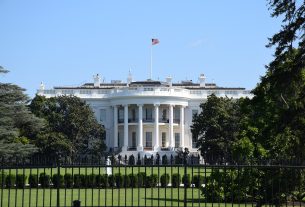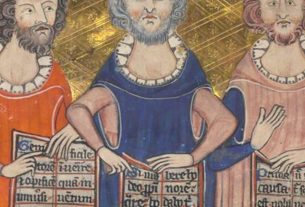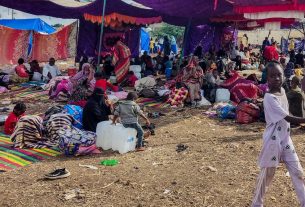Britain’s government escalated its row with London’s police chief on Thursday over the handling of a pro-Palestinian march this weekend, accusing his officers of taking a softer stance towards left-wing causes.
Plans for a demonstration in London on Saturday’s Armistice Day has sparked a row between government and police, with Prime Minister Rishi Sunak saying he would hold the force accountable for any trouble after it said there was not enough reason to ban it.
London has been the venue for some of the biggest demonstrations in Europe since militant group Hamas attacked Israel on Oct. 7, with tens of thousands of marchers gathering each weekend to demand an end to Israel’s retaliatory bombing of Gaza.
Police have said they expect a significant demonstration on Saturday, Nov. 11, the anniversary of the end of World War One but that there are no plans for protest on Nov. 12, when formal Remembrance Sunday events are held in central London.
Sunak has called the march disrespectful but police commissioner, Mark Rowley, has said any ban would require intelligence of a threat of serious disorder, and that such bans had not been implemented for a decade.
Hate marches across the UK
Interior Minister Suella Braverman has called the demonstrations “hate marches.” Writing in The Times on Thursday she said they were an “assertion of primacy by certain groups — particularly Islamists” and a show of strength.
“Unfortunately, there is a perception that senior police officers play favorites when it comes to protesters,” she wrote. “During COVID, why was it that lockdown objectors were given no quarter by public order police yet Black Lives Matters demonstrators were enabled, allowed to break rules and even greeted with officers taking the knee?”
Braverman, seen as a possible future leader of the governing Conservative Party, said while freedom of speech and assembly were long-held traditions in Britain, there was “a debate to be had” over whether some public displays were so offensive they should be banned.
Neil Basu, a former senior officer in London’s Met Police, said the political criticism could increase the likelihood of counter protesters turning up, increasing the risk of violence.
“It’s somewhat ironic that all of this rhetoric about this march might actually be increasing the intelligence case, to have it banned,” he told LBC Radio.
Nearly 200 people have been arrested since the Oct. 7 attack for hate crimes in Britain, including antisemitic and Islamophobic offenses, and public order offenses, many of which were racially aggravated and linked to protests.


